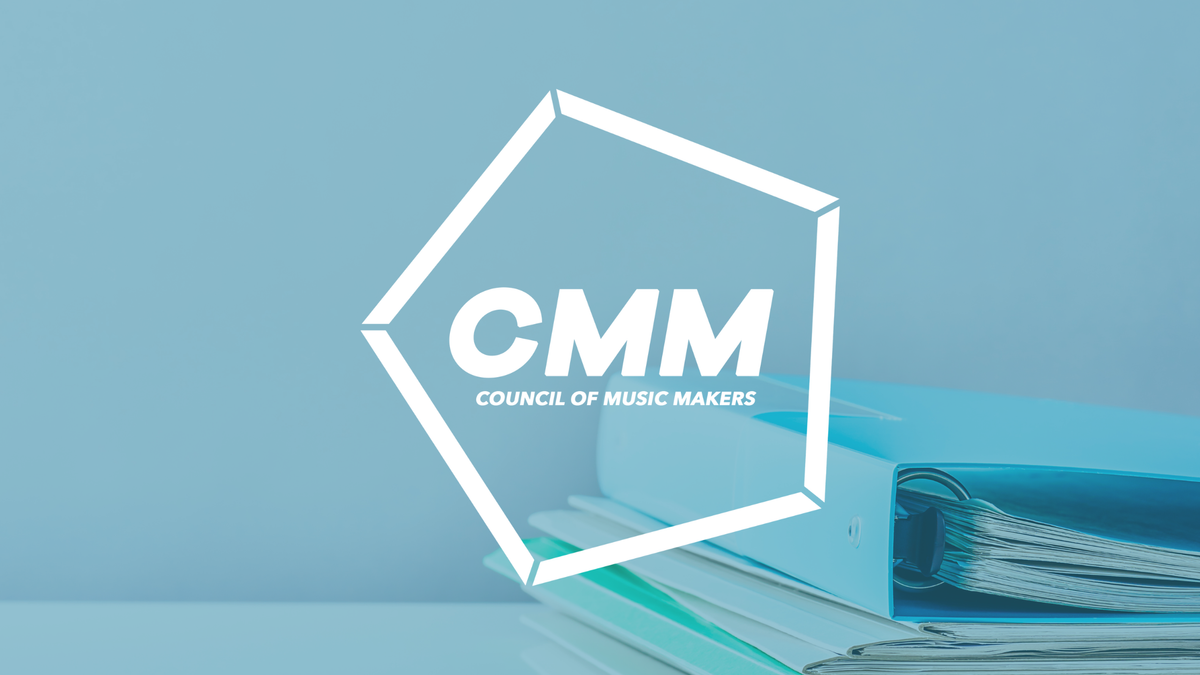The UK’s Council Of Music Makers has published a memo aimed at employees of the major music companies urging them to play their part in addressing issues raised by artists and songwriters with the streaming business model. Because, it says, while recent stats have confirmed continued growth in the recorded music market, “for many professional music-makers these are incredibly challenging times”.
The CMM memo responds to last week’s new year memos from Universal Music CEO Lucian Grainge and Warner Music CEO Robert Kycnl. It criticises the majors and digital platforms for developing a new so called ‘artist-centric’ model for streaming without consulting artists, and calls on employees at the majors to take a direct interest in the UK government-led work on streaming. That includes implementing codes that have been agreed around data and transparency.
“Educate yourself about the data we are talking about, and your role in collating and delivering it”, the memo says. “Fixing this problem isn’t just the job of data experts: every single person in the industry needs to play their part”. And with the transparency code, which will be formally launched in the coming weeks but is already circulating around the industry, “we need you to find out about the code and how your company plans to implement it, and to consider the role you can play in providing the transparency music-makers need and deserve”.
Of course, the really contentious part of the streaming debate relates to remuneration. The shift to the ‘artist-centric’ model changes how revenue is allocated to individual tracks.
However, CMM writes, the fact artists were not involved in those changes means the new model is “as far from artist-centric as it is possible to be”. It adds: “With zero consultation and little communication, it is impossible for us to properly understand the reforms, or to assess the impact, and form an informed opinion on whether they are fair”.
The CMM also continues to demand change to the way money allocated to recordings is shared between labels and artists. The government has convened a working group to discuss those demands. “The record companies must enter into a frank and honest conversation about the inequities in streaming which are caused by their policies”, the memo states, “especially those that disadvantage the music-makers behind the industry’s incredibly valuable catalogue”.
With the memo being aimed at everyone working for the major music companies - not just the bosses - it also adds that “we understand that in big companies it can be hard for all but the most senior people to influence the big policy decisions”.
However, it reckons, the data and transparency codes, and remuneration working group, provide an opportunity where everyone “can play a positive role”. In terms of the remuneration group, “we need you to put pressure on your bosses to properly engage with the group and other similar forums, to accept that they will need to change long-standing inequitable policies, and to come to the table with proposals for tangible solutions rather than yet more excuses”.
Read the memo, and CMU's summary of the key points:



